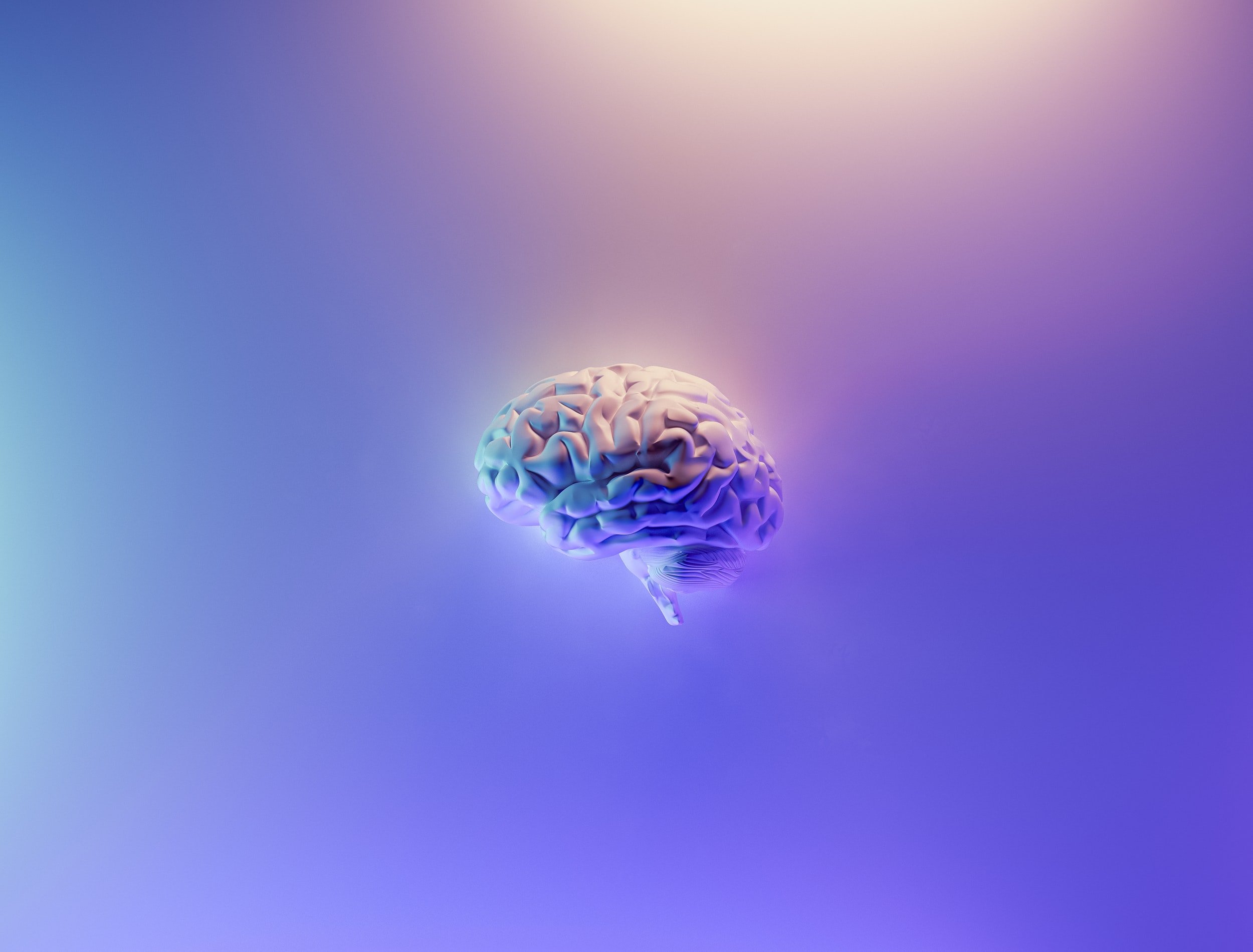By: Brian Bernier, ND

When people think about health, most people tend to think about physical intactness. No broken bones? No abnormal swelling? No abnormal lab values? Well then, that is a healthy person, right? Well, did you know that the world “HEALTH” comes from the word WHOLE?
It is important to know that biologically, we are primed more to avoid negative consequences than to seek positive rewards of equal value. This psychological observance is important to understand in societies driven by success and accomplishments, because it can be said that we are equally looking to avoid failure and the negative social consequences of not succeeding.
In societies driven by success, or maybe more accurately, fear of failure, the luxury of just being is seldom enjoyed. Many people drive themselves to succeed in their goals and ambitions. 30-minute lunch breaks, over-time, working from home and while at the office, 2 weeks of vacation for an entire year’s worth of work… One of the most common answers I get when asking people about what stresses them is “WORK”.

With so much emphasis on work and achievement, people often forget that Vitamin-R is a crucial component to wellbeing. What is Vitamin-R? Naturopathic Doctors like to refer to Vitamin-R as Rest, Relaxation, Recreation and Rejuvenation. It cannot be stressed enough that these basic needs are just as crucial to health as drinking water or eating properly. This is not being said to promote some new-age idea of wellbeing. On the contrary, this understanding is quite old and modern science, particularly neuroscience, has helped firmly establish these needs as biological needs.

Just as we have biological systems that regulate sleep, hunger, thirst and other biological needs, we have biological systems that manage Rest, Rejuvenation, Recreation, and Relaxation. If these systems go underdeveloped, they can manifest as disease.

Neuroscience has taken a particular interest in recreation/play, and has mapped out neural circuits involved in play. Essentially, recreation/play is not only necessary for healthy social development in children, but it is critical to healthy neurodevelopment. Preventing play induces cognitive deficits and actually causes conditions like ADHD. Amphetamines are used to further suppress the neurological systems involved in play, which is why they are beneficial as ADHD medication.
While the benefits of play make sense for children, what about adults and “play”?
Biological needs are relatively stable. As adults, there are many positive aspects to recreation that should be appreciated. Here are some common ones:
We experience tons of positive emotions with play. We are also viewed as more attractive to others when we are involved in activities of recreation. We stimulate neuronal pathways that are often suppressed by our lives of routine and strict order when we engage in recreation. We experience a burst of positive chemicals in the brain from recreation. We become more coordinated. We lower the negative effects chronic cortisol can have on the body.

I can go on-and-on with all the positive things that result from playing, whether as a child or adult!
Whether you find yourself in a rut or whether you are perfectly healthy, continue playing! Find what makes you happy, silly, smile and laugh and make time for it in your life – doctor’s orders!

Sources:
Bateman, C., & Nacke, L. E. (2010, May). The neurobiology of play. In Proceedings of the international academic conference on the future of game design and technology (pp. 1-8).
Siviy, S. M. (2016). A brain







